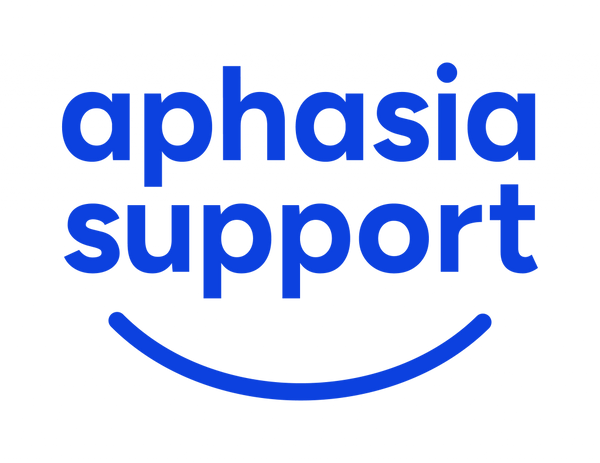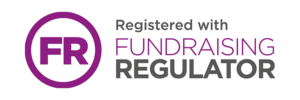Taking on paid or voluntary work

For some people with Aphasia, getting back to work, starting a new role or volunteering is a key goal. Access to good work in a healthy environment helps to improve self-esteem and mental well-being. With the right support, it can still be possible.
Speech and Language Therapist, Dee Webster, is an expert in Vocational Rehab and shares her advice below:
How to seek support
- Talk to your Speech and Language Therapist - If you have Aphasia and would like to take on paid or voluntary work, discuss this with your Speech and Language Therapist early on. Some regions have Vocational Rehab teams who can provide more specialist support.
- Talk to Healthcare Professionals - If you are being supported by an Occupational Therapist or Rehab Team, ask them to explore how to make work more accessible and manageable for you.
- Talk to your Employer - If you are currently employed and unable to work, it is important to talk to your current employer about support available to you whilst you are off work, and when you return. When the time is right, you may feel able to return to the same role, request necessary modifications, consider a different position or explore a career change that is better suited to your needs. Your Speech and Language Therapist and Occupational Therapist can support these conversations with your employer.
- Talk to Aphasia Support - If you currently receive 1:1 speech and language therapy through Aphasia Support, or access the charity's Aphasia Cafe group settings, our expert team can offer tailored support to help you reach your goals.
Aphasia can affect different areas of communication – understanding other people, finding words, reading and writing. Aphasia does not affect intelligence. Your knowledge, skills and experience can be harnessed in many rewarding ways. Everyone is different, so an early conversation means therapy can be tailored around your personal aims and hopes for the future - such as returning to work or volunteering.
Discover Vocational Rehabilitation
If you have been diagnosed with Aphasia following a stroke, you may be able to access Vocational Rehabilitation. The NHS describes Vocational Rehabilitation as a core component of Stroke Rehabilitation. It should include a comprehensive range of clinical and vocational interventions that support stroke survivors to return to, and remain in - employment, voluntary or educational settings.
These services are personalised, with a collaborative approach from your healthcare providers. Input includes:
- Vocational counselling and coaching
- Psychological and emotional support
- Modifying working environment
- Address functional limitations
- Fatigue management
For further information, please read the guidance below published by NHS England. These resources have been created to help support people back to work after a stroke.

